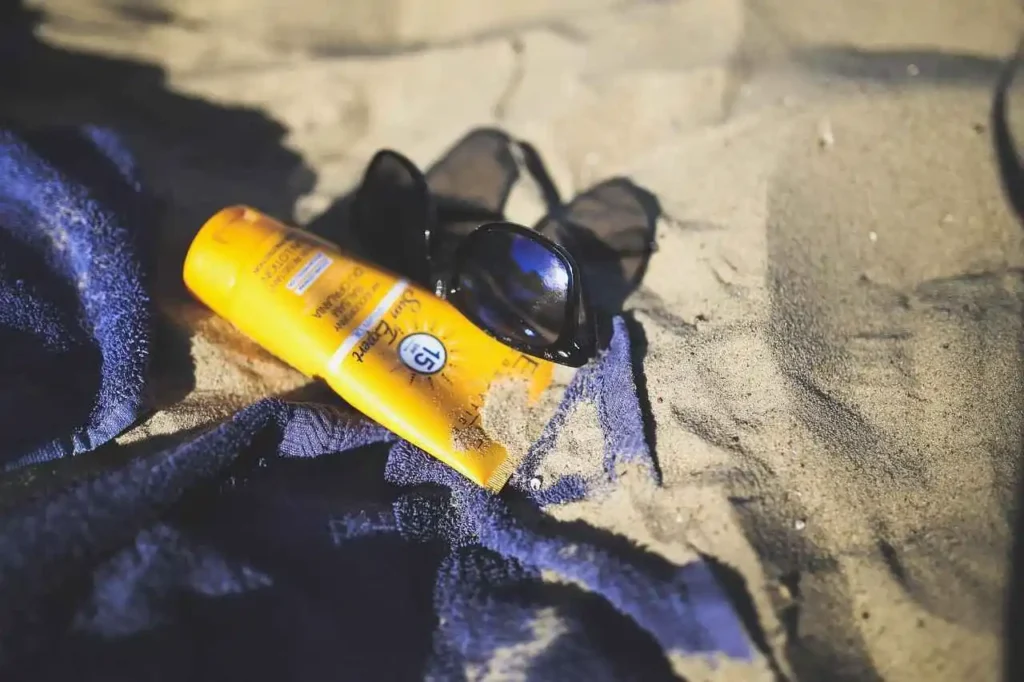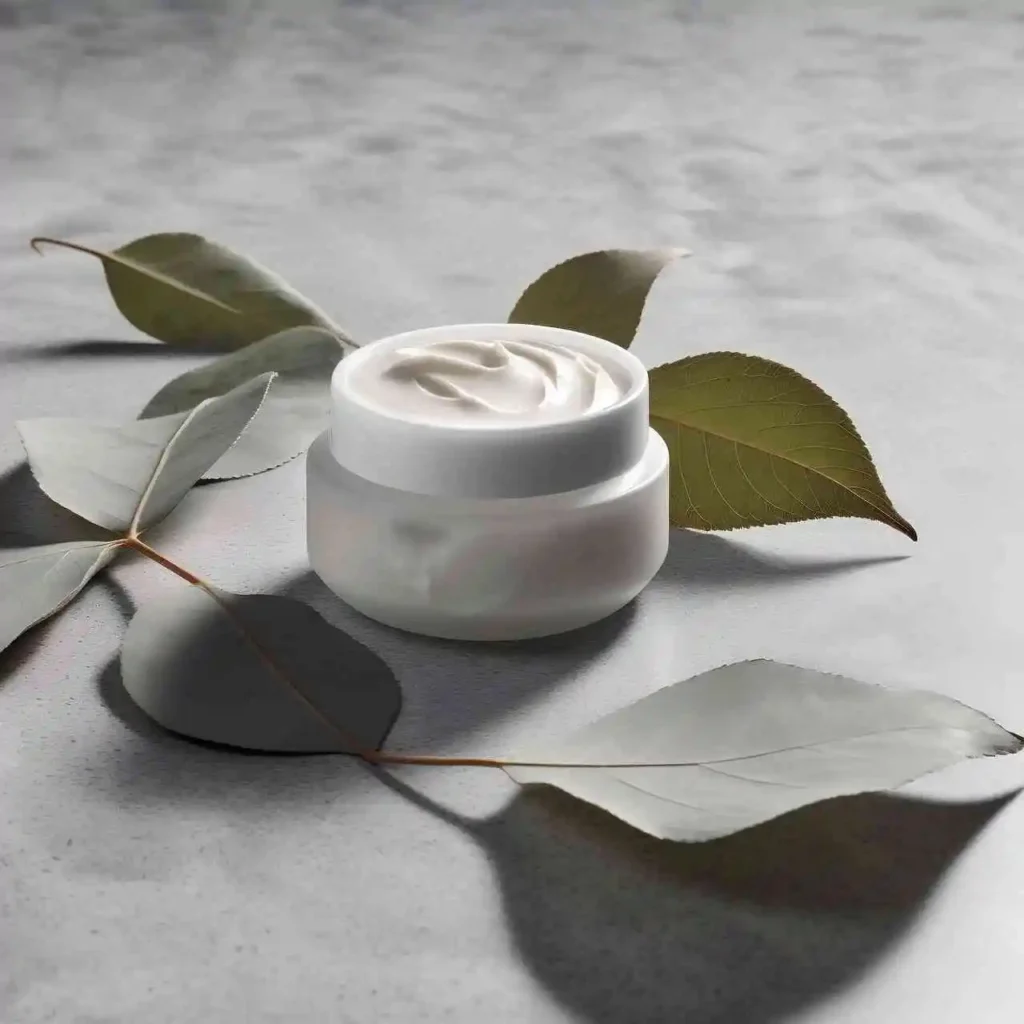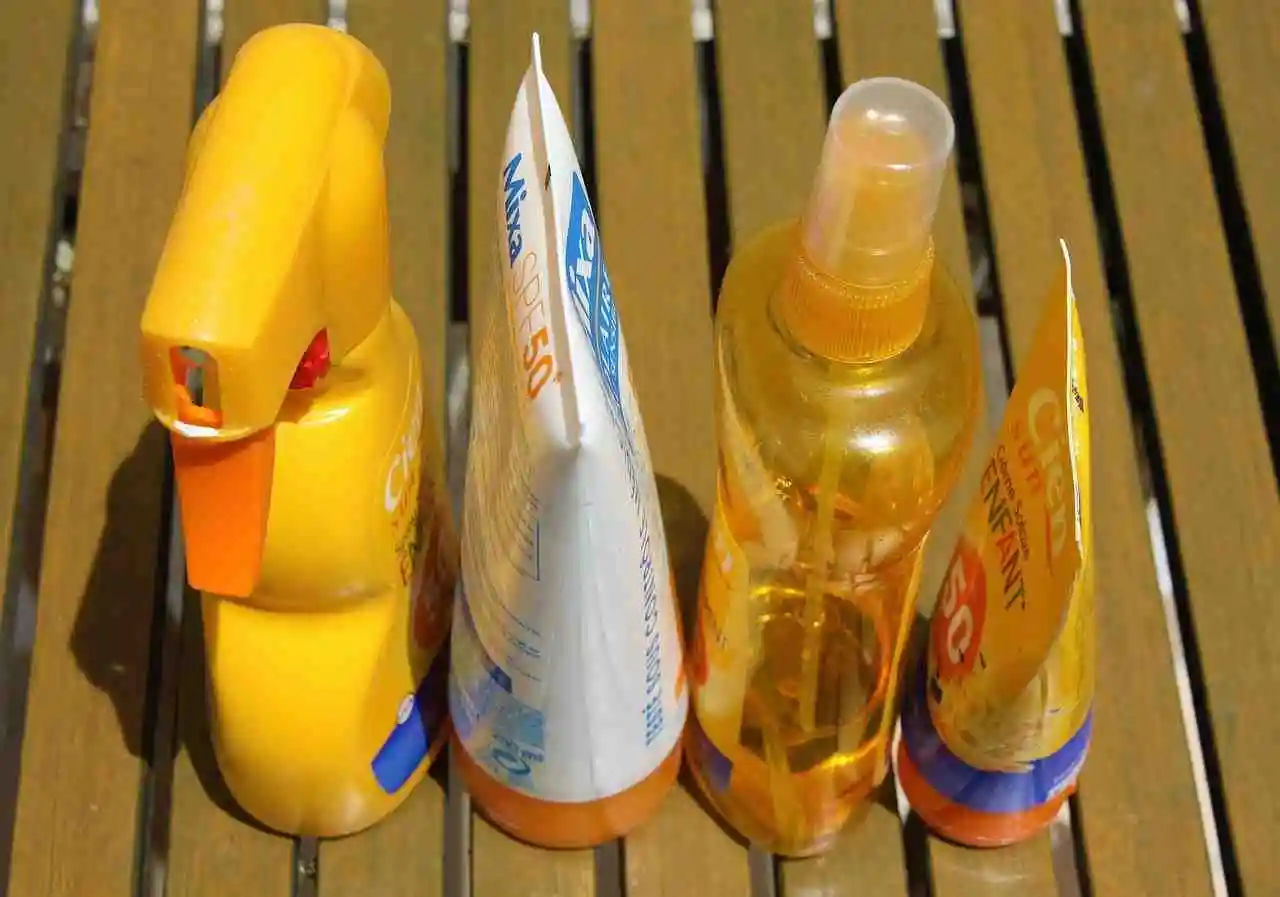All products on this site are carefully reviewed by our team of experts. We may earn a commission if you purchase through affiliate links, at no extra cost to you.
When it comes to men’s skincare, two essential products often cause confusion: sunscreen and moisturizer. Many men wonder if a moisturizer is enough for daily protection, or if sunscreen should always come first. With growing awareness about skin health, anti-aging, and protection against pollution and UV damage, understanding the role of sunscreen and moisturizer is more important than ever.
In this detailed guide, we will compare sunscreen and moisturizer, explain their unique roles, and answer the most common questions men have. By the end, you’ll know exactly how to use both products in your daily routine without confusion.
What Is a Moisturizer?
A moisturizer is designed to hydrate and strengthen the skin barrier. Its primary function is to prevent water loss, keeping your skin soft, smooth, and resilient.
Main ingredients in moisturizers include:
- Humectants (like glycerin, hyaluronic acid) → pull water into the skin
- Emollients (like ceramides, fatty acids) → smooth rough texture
- Occlusives (like shea butter, dimethicone) → lock moisture inside
Benefits of Moisturizer for Men:
- Prevents dryness, flakiness, and irritation
- Strengthens the skin barrier against pollution and shaving damage
- Creates a smoother surface before applying sunscreen
What Is Sunscreen?
Unlike moisturizers, sunscreen acts as a protective shield against UV rays. Without sunscreen, your skin is exposed to UVA (aging rays) and UVB (burning rays), which lead to sunburn, tanning, dark spots, and premature wrinkles.
Types of Sunscreen:
- Chemical Sunscreens → absorb UV rays (lightweight, invisible finish)
- Mineral Sunscreens → reflect UV rays (zinc oxide, titanium dioxide; ideal for sensitive skin)

Benefits of Sunscreen for Men:
- Prevents sunburn and long-term skin damage
- Reduces risk of skin cancer
- Slows down early signs of aging such as wrinkles and pigmentation
- Protects against tanning and uneven skin tone
Sunscreen and Moisturizer: Key Differences
| Feature | Moisturizer | Sunscreen |
|---|---|---|
| Primary Function | Hydration & barrier repair | UV protection |
| When to Use | Morning + Night | Daytime (reapply every 2–3 hrs outdoors) |
| Texture Options | Cream, lotion, gel | Cream, lotion, spray, stick |
| Protection Level | Locks moisture, soothes dryness | Shields skin from UVA & UVB rays |
| Can Replace Each Other? | ❌ No | ❌ No |
Should You Use Sunscreen or Moisturizer First?
This is one of the most common questions in men’s skincare. The simple answer is:
👉 Apply moisturizer first, then sunscreen.
Here’s why:
- Moisturizer works best on freshly cleansed skin by hydrating and repairing the skin barrier.
- Sunscreen must sit on top of the skin to block UV rays. If moisturizer is applied later, it can dilute sunscreen’s effectiveness.
💡 Pro Tip: Moisturizer with SPF (like SPF 15 or 20) is better than nothing—but still weaker than a dedicated sunscreen. For outdoor activities under the Indian sun, always choose SPF 30+ standalone sunscreen.
Moisturizer with SPF vs Sunscreen: Can One Product Do Both?
Many men prefer a “shortcut” product such as moisturizer with SPF. While it seems convenient, it often provides lower UV protection.
- If you spend most of your day indoors → moisturizer with SPF 30 may be enough.
- If you commute daily, play outdoor sports, or work in the sun → a dedicated sunscreen is essential.
In short, moisturizer with SPF is useful, but layering moisturizer + sunscreen separately ensures maximum protection.
🌞 Sunscreen & Moisturizer Types – Complete Guide
🧴 Types of Sunscreens
Chemical Sunscreens
- Lightweight formula that blends easily into the skin.
- Ideal for normal to dry skin, as it provides hydration along with UV protection.
✅ Leaves an invisible finish without white cast.
❌ May irritate sensitive skin in rare cases.
Mineral Sunscreens
- Formulated with zinc oxide or titanium dioxide.
- Perfect for sensitive and acne-prone skin, since it reflects UV rays gently.
✅ Soothes the skin while protecting it from sun damage.
❌ Can leave a slight white cast if not blended well.
Hybrid Sunscreens
- Combines chemical and mineral filters for broad protection.
- Works best for combination skin, offering both hydration and matte finish.
✅ Provides balanced protection and comfort throughout the day.
❌ Typically priced higher than other types.
Spray Sunscreens
- Convenient for quick reapplication and body coverage.
✅ Great for outdoor activities and when on-the-go.
⚠️ Note: Directly spraying on the face may lead to uneven protection. Apply a cream or gel sunscreen base first, then use the spray for touch-ups.
Stick Sunscreens
- Compact and travel-friendly, ideal for sensitive areas like the nose and under eyes.
✅ Excellent for on-the-go touch-ups.
⚠️ Note: Using only stick sunscreen may not cover the full face evenly. Apply a base layer first for maximum protection.
💡 Quick Sunscreen Guide:
- Dry skin → chemical sunscreen with hydrating base
- Oily/acne-prone → matte mineral sunscreen
- Sensitive → fragrance-free mineral sunscreen
- On-the-go / body → spray or stick for touch-ups
💧 Types of Moisturizers
Cream-based Moisturizers
- Thick and rich in texture.
- Best for dry or flaky skin, especially during winter.
❌ Can feel heavy for oily skin, so use sparingly.

Lotion-based Moisturizers
- Lightweight and easy to spread.
- Ideal for normal to combination skin.
✅ Absorbs quickly and works well for daily use.
❌ May not provide enough hydration for very dry skin.
Gel-based Moisturizers
- Water-based and non-greasy.
- Recommended for oily and acne-prone skin, as it absorbs quickly.
✅ Leaves a matte finish with no sticky residue.
❌ Insufficient for extremely dry skin that needs deep hydration.
💡 Quick Moisturizer Guide:
- Dry skin → cream or lotion
- Oily/acne-prone → gel-based
- Combination → lotion or gel depending on season
For men looking to choose the perfect moisturizer, it’s helpful to explore more detailed reviews and expert recommendations. Check out our full guide on the top moisturizers for oily skin in India, where we cover the best products, their pros and cons, and tips for daily use. This resource will help you make an informed choice and keep your skin healthy and shine-free throughout the day.
👉 Best Moisturizer for Oily Skin in India 2025 – Top 7 Picks for Men
Daily Skincare Routine for Men: Where Do Sunscreen and Moisturizer Fit?
A simple, no-nonsense routine for Indian men looks like this:
Morning Routine:
- Cleanser (face wash)
- Moisturizer (lightweight for oily skin, richer for dry skin)
- Sunscreen (SPF 30 or higher, broad spectrum)
Night Routine:
- Cleanser
- Moisturizer (slightly heavier formulas are fine at night)
👉 Notice: Sunscreen is only for the day, but moisturizer is needed twice daily.
Common Mistakes to Avoid
❌ Skipping sunscreen because your moisturizer has SPF (usually too low)
❌ Applying sunscreen before moisturizer (reduces effectiveness)
❌ Using sunscreen only on sunny days (UV rays penetrate clouds)
❌ Forgetting to reapply sunscreen every 2–3 hours outdoors
❌ Choosing thick moisturizers in hot weather (gel-based is better for men with oily skin)
FAQs: Sunscreen and Moisturizer
Q1: Can I skip moisturizer if I use sunscreen?
👉 No. Sunscreen does not hydrate your skin. Without moisturizer, dryness and irritation can worsen.
Q2: Is moisturizer with SPF enough?
👉 Only for indoor days. Outdoors, always apply a dedicated sunscreen.
Q3: Which should I apply first—sunscreen or moisturizer?
👉 Moisturizer first, sunscreen second.
Q4: Can sunscreen replace moisturizer for oily skin?
👉 No. Even oily skin needs hydration. Choose an oil-free gel moisturizer.
Q5: Do men need sunscreen every day?
👉 Yes. UV rays penetrate windows and even cloudy skies, so daily use is non-negotiable.
Conclusion
When it comes to sunscreen and moisturizer, the truth is that you need both. Moisturizer hydrates and strengthens your skin barrier, while sunscreen protects against UV damage. They’re not interchangeable but complementary.
For men in India, the best skincare routine is simple:
- Daytime: Cleanser → Moisturizer → Sunscreen
- Nighttime: Cleanser → Moisturizer
By using them consistently and in the right order, you’ll prevent premature aging, protect against sun damage, and maintain strong, healthy skin—without complicating your routine.
For personalized skincare advice, you can consult a leading dermatologist.
Check out Dr. Rashmi Shetty – Specialist Dermatologist for expert guidance and tips tailored to your skin type.




